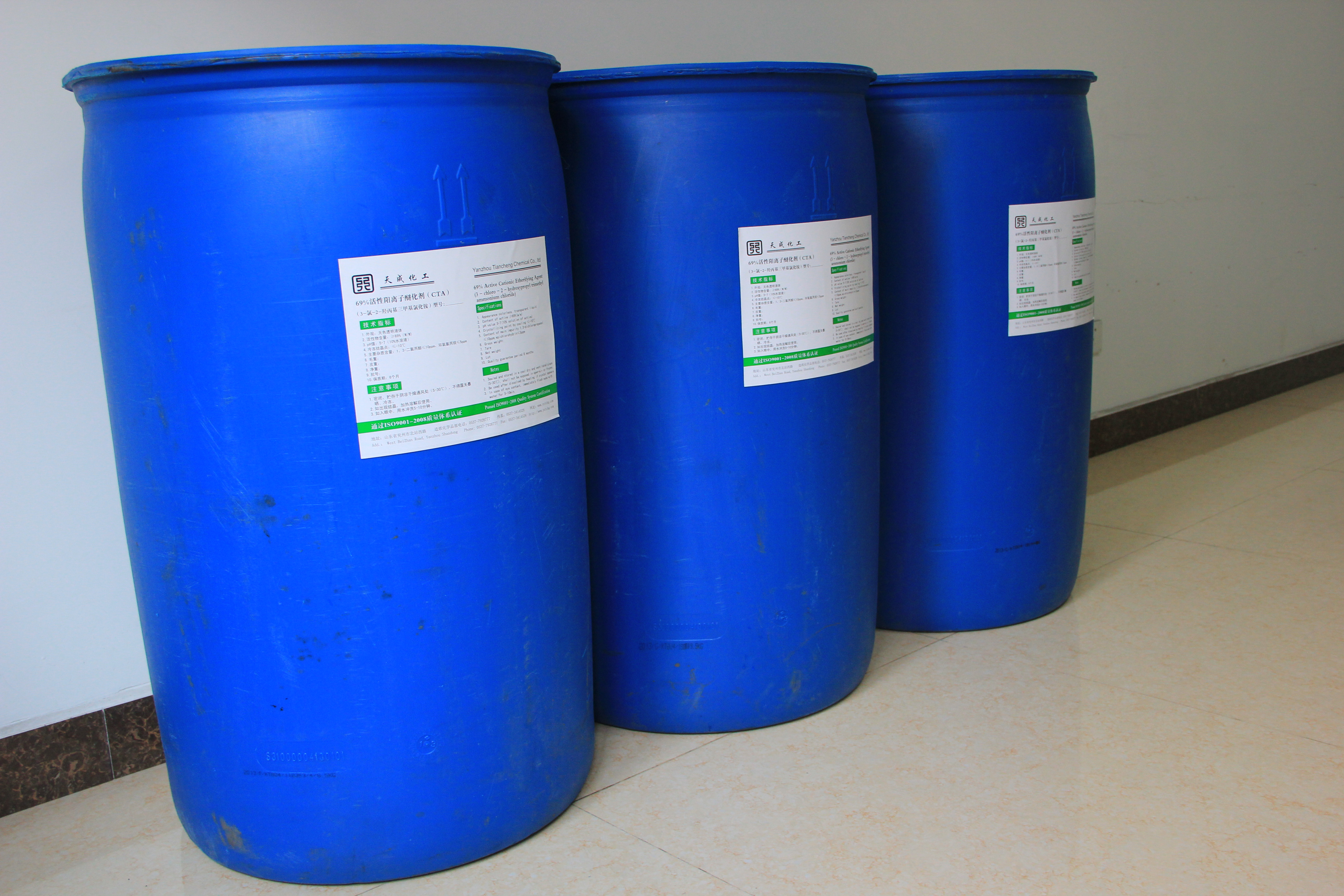Defoamer (defoaming Agent)
|
Feature |
|
l Can inhibit the foam forming l Excellent defoaming property quickly l Stable and no separated layer in water based system l Good compatibility with water based resin and no floating oil phenomenon
|
|
Application and dosage: |
|
l Water based wood paint/coating l Water based industrial paint/coating l Water based automotive trim adhesive l Emulsion paint/coating l Water based coating etc. Remark: Dilute the WC-DF505 by 3~5 times with water and add it into water based system.
|
|
Chemical composition: |
|
l Modified polydimethylsiloxane polymer
|
|
Technical data: |
|
l Appearance: Yellowish liquid l pH (25℃): 6~7 l Active ingredient: ~30% l Viscosity (25℃): 500-1000 Cp |
|
|
|
Package, Storage and Transportation |
|
l Available in 200 kg/ barrel or 25 kg/ barrel l Storage period: ~12 months in closed containers, shady and dry place
|

Defoamer Agent,Fatty Alcohol Defoamer,Polyether Defoamer,Organosilicone Defoamer
Shandong Tiancheng Chemical Co., Ltd. , https://www.tianchengchemical.com